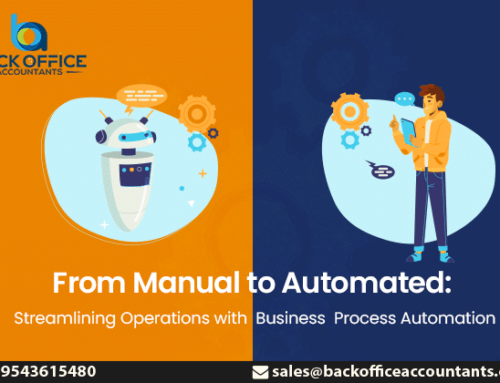Small businesses often commit mistakes with the funds they acquire due to their hyper focus on growth. While immediate profits and sales encourage new businesses, having a long-term plan and consulting professional help to formulate a promising career for the company in the market. Here are the main mistakes made by growing businesses concerning cash flow.
Major mistakes in cash flow made by small businesses
Here are the six main mistakes you can make which can damage your small business:
1. Misunderstanding cash flow for profit
Of all the cash flow mistakes, the most common is the synonymous use of profits and cash flow. The money with the company doesn’t equate to profits as these funds are yet to be used for purchasing new assets, paying shareholders, and fulfilling tax liabilities. Any loan the company has taken out needs repayment from the cash flow.
The success of small businesses needs to ensure a healthy cash flow after all liabilities are fulfilled, even after sufficient funds are set aside for future needs. A clear picture of your profit will help you plan the expansion of your company better with a sustainable goal in mind to achieve a comfortable position.
2. Overestimation of projected sales
A common mistake enthusiastic businesses make is the overestimation of their projected sales. Incorrect calculations affect the financial plan in place and budgets planned around the anticipated cash flow. It is essential to revise targets and formulate new forecasts to ensure you don’t suffer losses in the future.
Revisions in the projected sales are best accommodated by experienced professionals in back office accounting. Creation of a sound financial plan which contributes towards advancing your company’s position is done with the help of expert opinions from them.
3. Non-existence of emergency funds
Emergency funds are quintessential for small businesses that are new to the field. Unanticipated problems may arise, needing urgent funds, which must come from the excess budget set aside. This prevents the process of taking out credits which can cause a dent in the financial plan of the company.
Devising an emergency fund plan helps prepare for unexpected lean patches in the cash flow. Simple forethought can be the difference between the company thriving and going into debt. With this avenue, the company has better control over the market in lean conditions.
4. Manual record-keeping methods
Small companies suffer due to ineffective methods of record keeping. Tracking data and remittance matching can be faulty when done by people and should be assisted with technological help. Records in the form of information on payments, banking statements, and emails should be organized efficiently.
For effective invoice management, you should hire accounts payable services. Professionals well-versed in the field handle the data matching aspect. Technological assistance ensures there are no errors in the records to prevent any future losses due to incorrect entry of data.
5. Poor credit management
Credit management plans are responsible for the retrieval process of credit from customers when it is due and for negotiating terms. Poor management leads to credits piling up and causing unseen losses for the company. The taxes on these sums of money add to the amount payable, which influences the success rates of a small business.
Ensuring all credit is repaid on time and maintaining communication are crucial to performing well in the market. You can get help with the accounts receivable process to significantly improve the company’s functioning with respect to cash flow.
6. Inept tax management
Tax plans for your company can be designed to fit monthly or yearly options. Evading the payments can lead to penalties that bear an incredible impact on your financial plan. Poorly executed tax documents can again result in penalties that are not favorable for the growth of a growing business in its early stages and can even throw spanner into your cash flow estimations. Devising a tax plan which takes into account your income avenues, tax rates, and other factors is very crucial to take up a good offer. A tax plan should plan for long-term profits and be devised with great care to ensure that no penalties affect the financial budget in place.
Cash flow mistakes made by small companies influence their success rates in the market in the long run. Consulting professional help is key to avoid intricate problems that you are more likely to commit. Our accounting experts at Back Office Accountants offer excellent accounting support to fit all your needs. With a focus on your trust and satisfaction, you can leverage specialist accounting assistance according to your current accounting goals and requirements. You can contact us here: https://www.backofficeaccountants.com/







